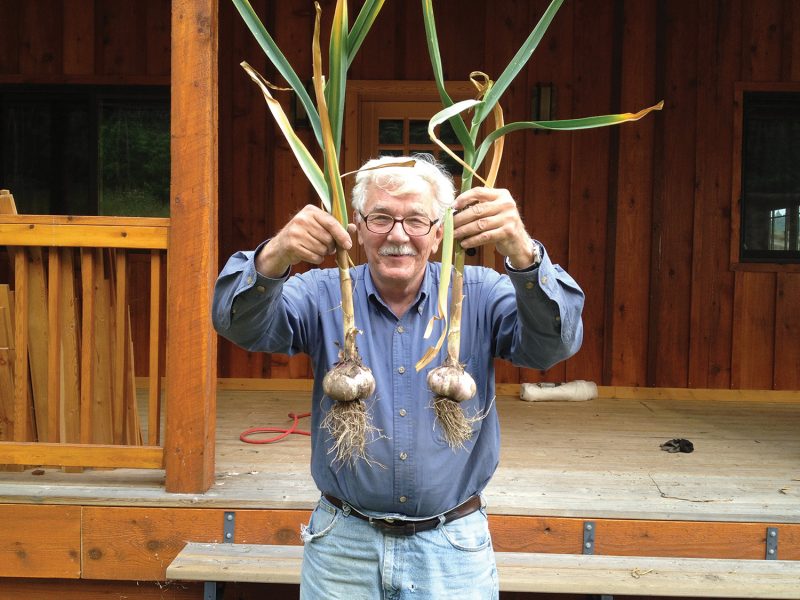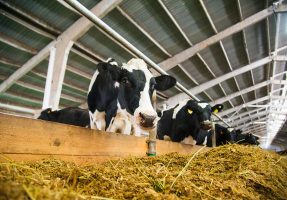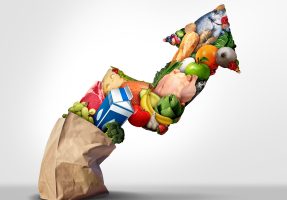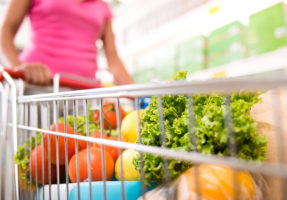A national initiative designed to celebrate Canada’s food producers marks its seventh year today.
Canada’s Agriculture Day, February 15, was initiated in 2017 by the Canadian Centre for Food Integrity, which also leads the online forum Agriculture More Than Ever.
Designed to celebrate Canadian agriculture, food and everyone who works in the industry, the national initiative has secured recognition from the federal government, which regularly issues a statement honouring the service of producers.
“Despite huge challenges, our producers continue to feed the world by caring for their land and their animals,” federal agriculture minister Marie-Claude Bibeau says. “They show vision and ambition. They are adapting their practices to meet the demands of consumers around the world while addressing climate change to ensure they can leave behind sustainable, productive and competitive businesses for future generations.”
Bibeau notes that Canada is the world’s fifth largest exporter of agriculture, agri-food, and seafood products, collectively reporting annual revenues of close to $135 billion and accounting for 6.8% of Canada’s GDP.
On the home front, domestic production ensures that Canadians continue to pay relatively little for their food despite the sticker-shock many shoppers have faced over the past year.
Last week, the Canadian Federation of Agriculture marked Food Freedom Day on February 9. The day indicates when the average household has earned enough to pay for a year’s worth of groceries. Despite rising food prices, this year’s data was just one day after last year’s.
“For many, the ‘average Canadian’ that the Food Freedom Day metric describes does not portray their experiences and struggles with rising food prices,” CFA said in a statement. “Lower-income Canadian households are facing a heavier burden when it comes to rising food costs.”
It added that farmers are also struggling, because retail prices don’t reflect farmgate receipts even as their “costs of production [have] increased tremendously over the past two years, with many of their largest expenses, such as fertilizer and diesel, rising nearly 100%.”
“With food prices rising consistently and more quickly than overall inflation, we cannot ignore the challenges that many Canadians are facing,” CFA president Mary Robinson said.














 Farmers need to prioritize mental wellness
Farmers need to prioritize mental wellness